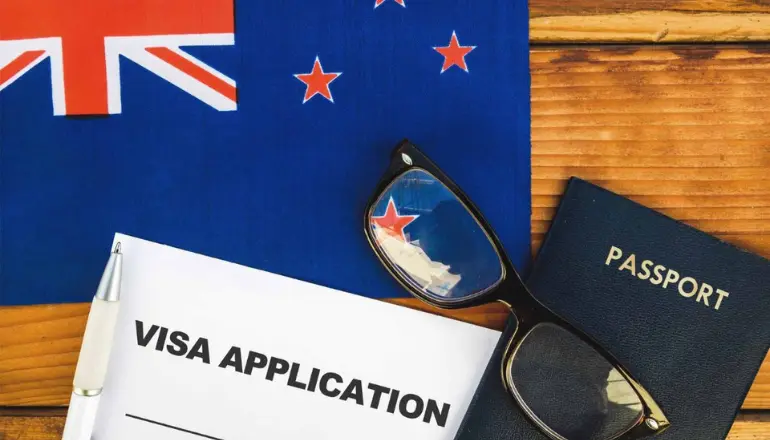Impact of New Zealand Visa Rules on Skilled Migrant Applications

New Zealand remains a top destination for skilled migrants due to its stable economy, high quality of life, and increasing demand in sectors like healthcare, engineering, and information technology. The country has always relied on a steady influx of skilled professionals to fill labor shortages, particularly in essential services such as medical care. However, with the latest changes in New Zealand Visa Rules, the landscape for skilled migrant applications has undergone significant transformation.
Recent Policy Adjustments
The New Zealand government has introduced updates to its visa policies with the aim of attracting more highly skilled individuals while tightening entry for less critical roles. These modifications include adjustments in the points-based system, changes in qualification recognition, and the introduction of sector-specific job pathways.
As a result, skilled workers—especially those from medical fields such as nursing, general practice, aged care, and allied health services—now find themselves in a more favorable position. The updated rules prioritize sectors that directly impact public well-being and healthcare infrastructure.
Healthcare Professionals in High Demand
Among the biggest beneficiaries of the visa policy changes are professionals in the medical and healthcare sectors. With the nation’s growing aging population and ongoing efforts to improve rural health services, there is a strong push to invite foreign medical talent.
Doctors, nurses, radiologists, and mental health specialists are now on priority lists, with streamlined visa pathways and quicker residency options. Moreover, foreign-trained medical professionals may be able to bypass some of the older bureaucratic hurdles, making it easier to integrate into New Zealand’s health system—provided they meet registration and licensing standards.
Points-Based System Reforms
The revised points-based evaluation method gives applicants better clarity and flexibility. Under the updated New Zealand Visa Rules, applicants gain additional points for qualifications in key sectors, previous New Zealand work experience, and job offers from accredited employers.
For skilled migrants in healthcare, this means that an offer from a government-recognized hospital or care facility significantly boosts their chance of success. In addition, those with international experience and English-language proficiency may see an expedited process.
Impacts on the Application Timeline
One of the most notable improvements is the faster processing time for skilled migrant applications. Earlier, visa processing could take up to 12 months or more, but new regulations aim to reduce waiting times to under six months, particularly for applicants in essential services. This encourages more professionals to consider New Zealand as a timely and practical relocation destination.
Visa Rule Clarity Enhances Transparency
Previously, many applicants were confused by vague documentation and inconsistent outcomes. The updated rules bring much-needed transparency, with clearly outlined eligibility criteria, sectoral preferences, and detailed application steps. This helps skilled migrants prepare stronger applications and minimizes the risk of rejection due to oversight.
For example, medical practitioners are now advised to undergo medical board assessments in parallel with their visa applications. Clear guidelines on these steps help synchronize the migration and employment processes more efficiently.
Implications for Medical Institutions
New Zealand healthcare institutions also benefit from the streamlined system. With quicker approval processes and access to a broader talent pool, hospitals and clinics can fill crucial vacancies sooner. This reduces patient wait times and improves public health delivery, especially in underserved regions.
Medical institutions are also encouraged to become accredited employers, which enhances their ability to recruit internationally and maintain a consistent workforce.
Conclusion
The latest changes in New Zealand Visa Rules have brought a more focused and transparent approach to skilled migrant applications. For medical and healthcare professionals, this shift presents a significant opportunity to build a fulfilling career in one of the world’s most welcoming and progressive countries.
By aligning immigration policies with national workforce needs, New Zealand is not only addressing its labor shortages but also creating pathways for international professionals to contribute meaningfully to its society and economy. Skilled migrants with a background in healthcare are especially well-positioned to benefit from this new era of immigration policy.








